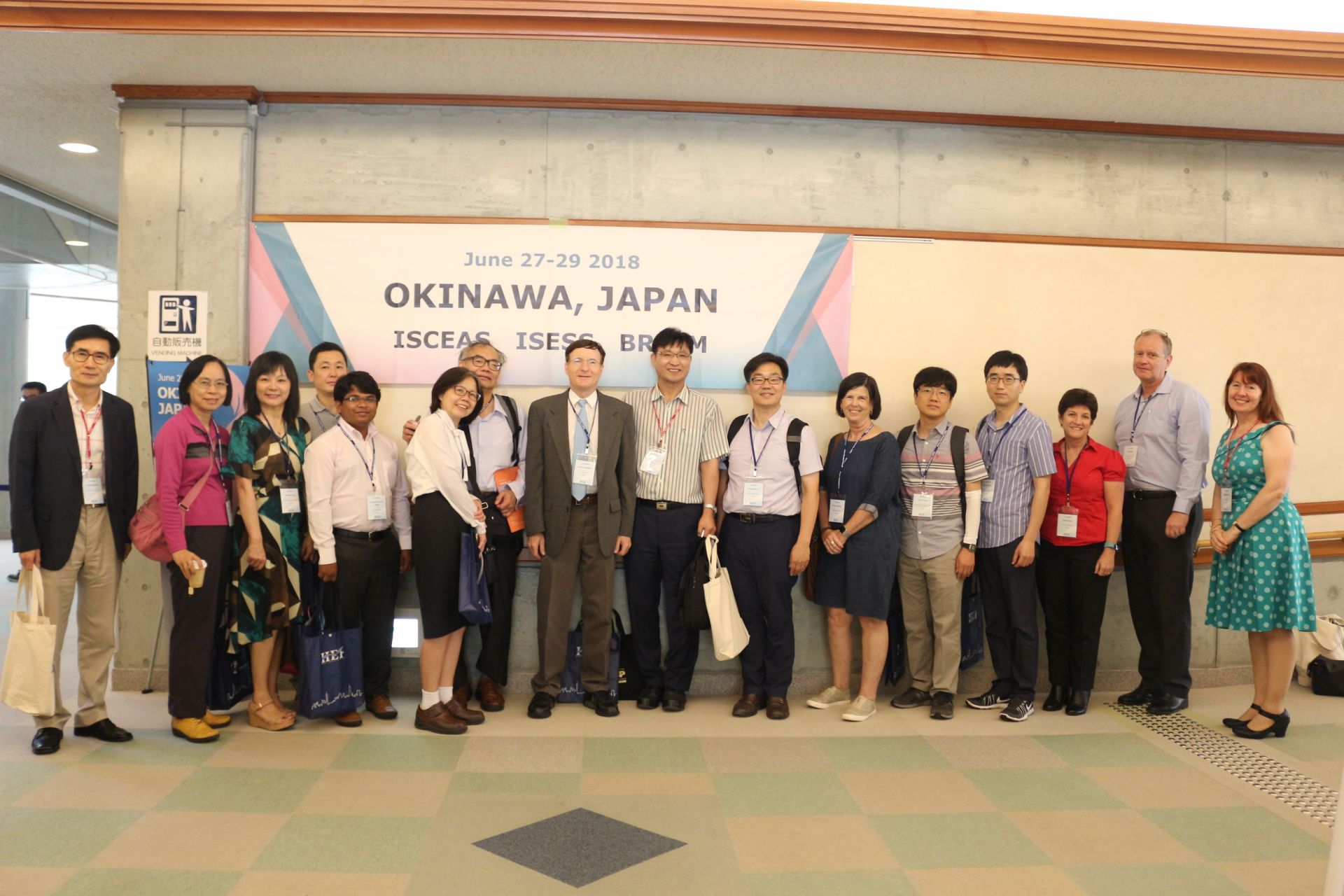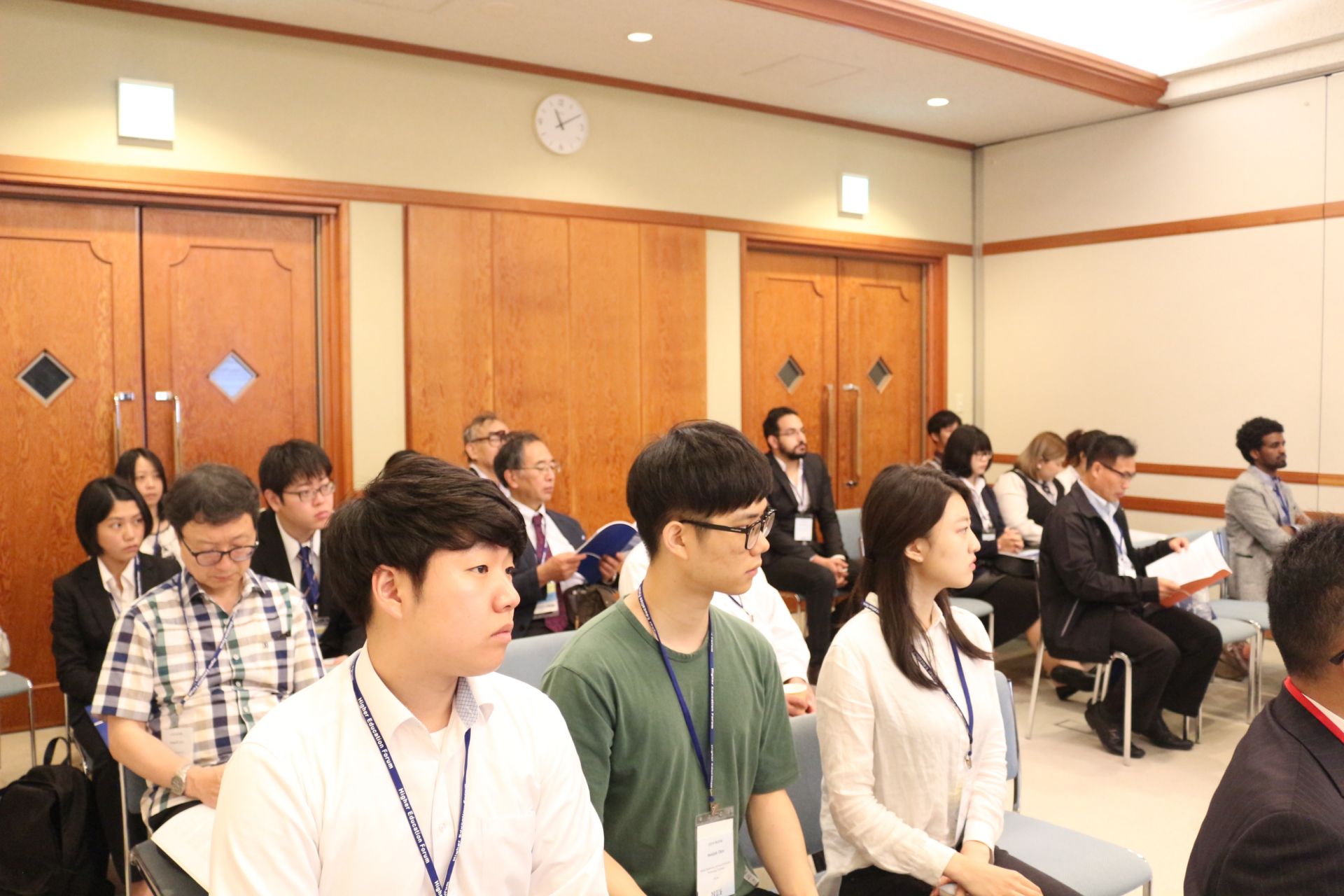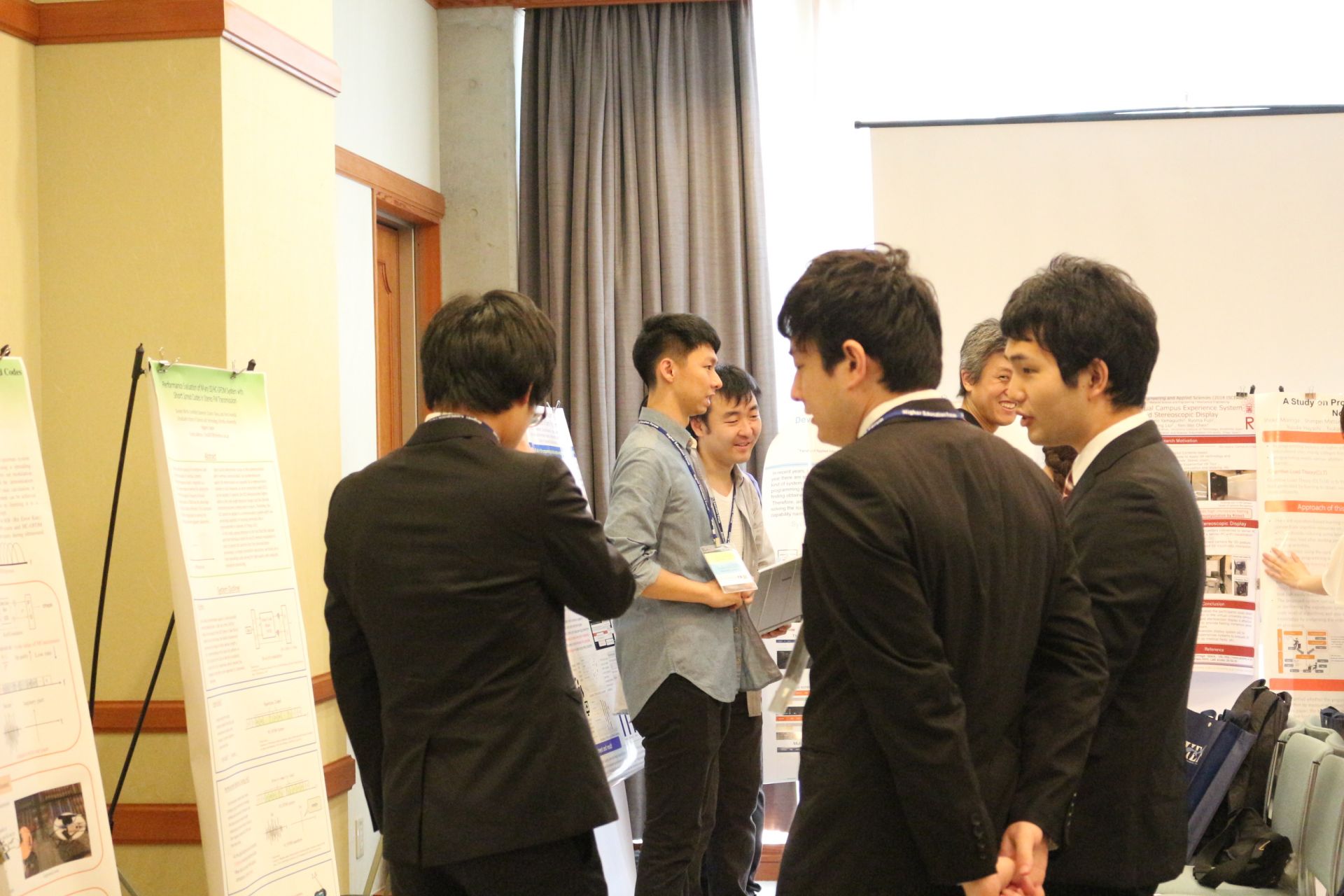6th ISCEAS June 27-29, 2018 / Okinawa
International Scientific Conference on Engineering and Applied Sciences
Keynote Speaker (1)
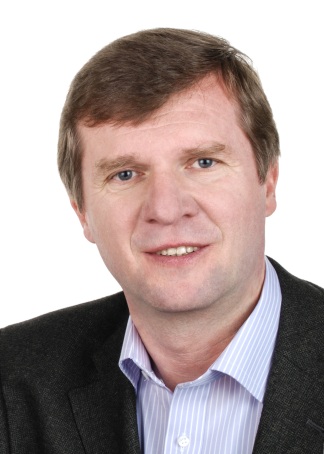 Dr. Sergei Gorlatch
Dr. Sergei Gorlatch
University of Muenster, Germany
Introduction of Dr. Sergei Gorlatch
Sergei Gorlatch has been Full Professor of Computer Science at the University of Muenster (Germany) since 2003. Earlier he was Associate Professor at the Technical University of Berlin, Assistant Professor at the University of Passau, and Humboldt Research Fellow at the Technical University of Munich, all in Germany. Prof. Gorlatch has about 200 peer-reviewed publications in renowned international books, journals and conferences. He was principal investigator in several international research and development projects in the field of parallel, distributed, Grid and Cloud algorithms, networking and computing, as well as e-Learning, funded by the European Commission and by German national bodies. Among his recent achievements in the area of communications and future Internet is the novel Real-Time Framework (www.real-time-framework.com) developed in his group as a platform for high-level development of real-time, highly interactive applications for entertainment. In the area of networking, his group has been recently working in the pan-European project OFERTIE on an application-oriented Quality of Service approach for emerging Software-Defined Networks (SDN).
Topic
High-Level Development of Real-Time Distributed Applications
Abstract
We consider an emerging class of challenging networked multimedia applications called Real-Time Online Interactive Applications (ROIA). ROIA are networked applications connecting a potentially very high number of users who interact with the application and with each other in real time, i.e., a response to a user’s action happens virtually immediately. Typical representatives of ROIA are multiplayer online computer games, advanced simulation-based e-learning and serious gaming. All these applications are characterized by high performance and QoS requirements, such as: short response times to user inputs (about 0.1-1.5 s); frequent state updates (up to 100 Hz); large and frequently changing numbers of users in a single application instance (up to tens of thousands simultaneous users). This talk will address two challenging aspects of future Internet-based ROIA applications: a) using Mobile Cloud Computing for allowing high application performance when a ROIA application is accessed from multiple mobile devices, and b) managing dynamic QoS requirements of ROIA applications by employing the emerging technology of Software-Defined Networking (SDN).
Keynote Speaker (2)
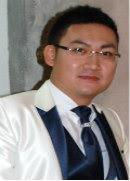 Dr. Kwun Nam HUI
Dr. Kwun Nam HUI
Associate Professor
Institute of Applied Physics and Materials Engineering (IAPME)
University of Macau
Avenida da Universidade, Taipa,
Macau, China
Introduction of Dr. Kwun Nam HUI
Dr. Kwun Nam Hui is an Associate Professor at the Institute of Applied Physics and Materials Engineering, University of Macau, Macau SAR, China. Prior to this, he was Associate Professor at Pusan National University, Republic of Korea. His current research focuses on synthesis of hierarchical carbon/graphene materials as well as on development of 3D hierarchical layered double hydroxide materials as advanced electrode materials for energy storage and conversion applications. He published more than 110 journal articles with a citation of over 2000 times and an h-index of 29. He has managed 15 research projects with a total research grant of MOP 11 million. His research has led to one US patent, eleven Korea patents, one China patent, five review papers, and three book chapters.
Topic
Hybrid Materials for High-Performance Flexible Supercapacitors
Abstract
Supercapacitors are advantageous for their high power density (1–10 kWkg-1), fast charge propagation dynamics within seconds, and long cycling life (> 100,000 cycles) compared with batteries. Carbon-based materials are generally used as electrode materials in electrical double-layer capacitors due to their large specific surface area, high electrical conductivity, and low cost. Although high power density and cycling stability have been demonstrated by carbon-based materials, the capacitance and energy density are low because the charges storage mechanism is based on charge separation at the electrode/electrolyte interface. In contrast to electrical double-layer capacitors, pseudocapacitors utilize transition metal oxides/hydroxides materials that store charges via fast and reversible Faradaic reactions at their surface, resulting in higher specific capacitance and energy density but low power density and cycle life. Currently, the biggest obstacle impeding the development of high-performance supercapacitors is the trade-offs between high energy and high power densities considering the origin of different charge storage mechanisms in electric double-layer capacitors and pseudocapacitors.
A rational design of electrode composed of hybrid materials has become an appealing strategy in circumventing the trade-offs between energy and power densities. In this talk, the speaker will present his recent work in the development and application of carbon/metal oxide-based hybrid electrode for high-performance supercapacitors. Then he will describe how to rationally design a hybrid electrode, consisting of carbon/graphene/metal oxide, to achieve desirable porous structure and huge ion-accessible surface area for rapid electronic and ionic pathways for flexible supercapacitor.
Conference Venue
Okinawa Convention Center
Address: 4-3-1 Mashiki, Ginowan City Okinawa 901-2224, Japan
Tel: +81(0)98-898-3000
Okinawa Convention Center (OCC) located in the seaside area, Ginowan city, on the west coast of central Okinawa island.

